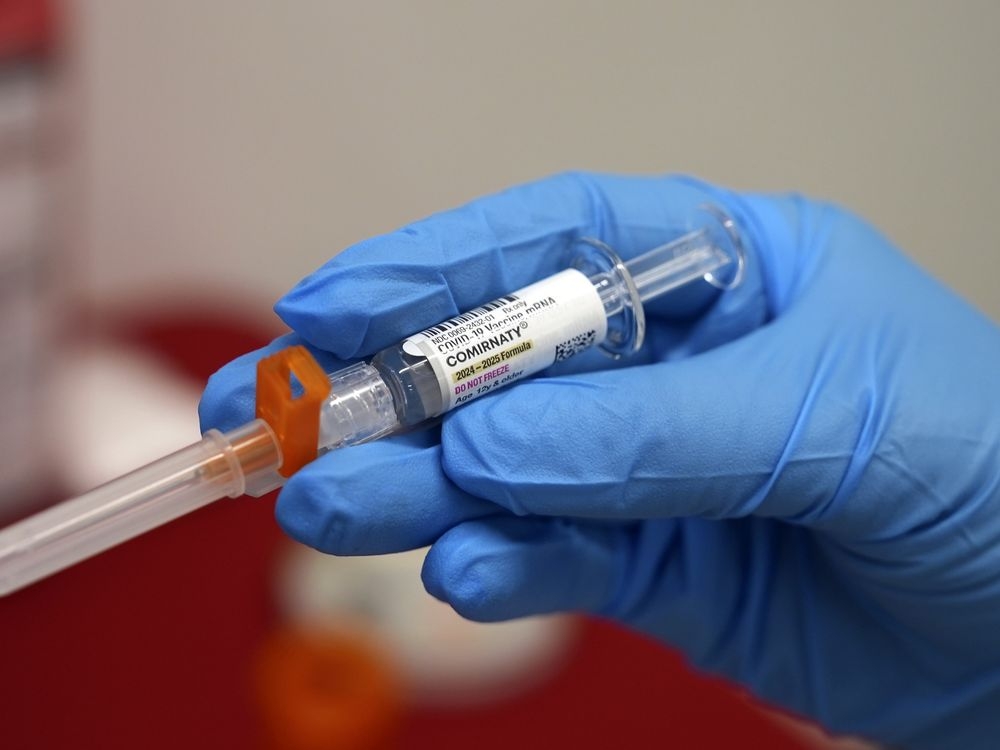As autumn deepens, a critical public health concern is emerging: dangerously low vaccination rates among students in major Canadian cities. The annual push for flu and COVID-19 shots is overshadowed by a more fundamental issue – a significant number of children lack updated immunization records for preventable diseases.
Recent data from Toronto and Ottawa reveals a startling reality. Over half of the student populations assessed this year have incomplete or outdated vaccination records. Toronto Public Health alone sent 60,000 letters over the summer, urging parents of Grade 2-5 students to submit proof of immunization against nine crucial diseases.
Despite these efforts, compliance remains alarmingly low. As of October, roughly 54% – approximately 50,000 students – in Toronto are still non-compliant, facing potential suspension if records aren’t updated. In some grades, the number plummets to a mere 25% with current records.

The situation is equally concerning in Ottawa, where over 66% – around 16,000 students from Grades 2-12 – have incomplete immunization records. Ontario mandates parents submit these records, with letters sent to those who haven’t or have applied for exemptions, but the system is clearly struggling.
This lapse in immunization comes at a particularly precarious moment. Canada’s overall vaccination rates are declining, fueled by the spread of misinformation online. This trend directly threatens the nation’s hard-won progress against infectious diseases.
The most immediate danger is a potential resurgence of measles. A year-long outbreak has already affected over 5,000 people, pushing Canada to the brink of losing its “measles-free” status. A crucial decision looms later this year, assessed by the Pan American Health Organization.
To regain elimination status, Canada must demonstrate vaccination rates exceeding 95% and prove its ability to swiftly identify and contain any future outbreaks. The current situation casts a long shadow over these goals.
Health officials are urgently calling for a centralized, provincial or national immunization registry. Toronto’s Medical Officer of Health, Dr. Michelle Murti, emphasizes this has been a long-standing plea. The challenge lies in integrating data from diverse healthcare providers using disparate systems.
While the Ministry of Health acknowledges the need for accessible vaccine records, a timeline for implementation remains uncertain. The current fragmented system leaves a critical gap in public health protection, jeopardizing the well-being of students and the broader community.





